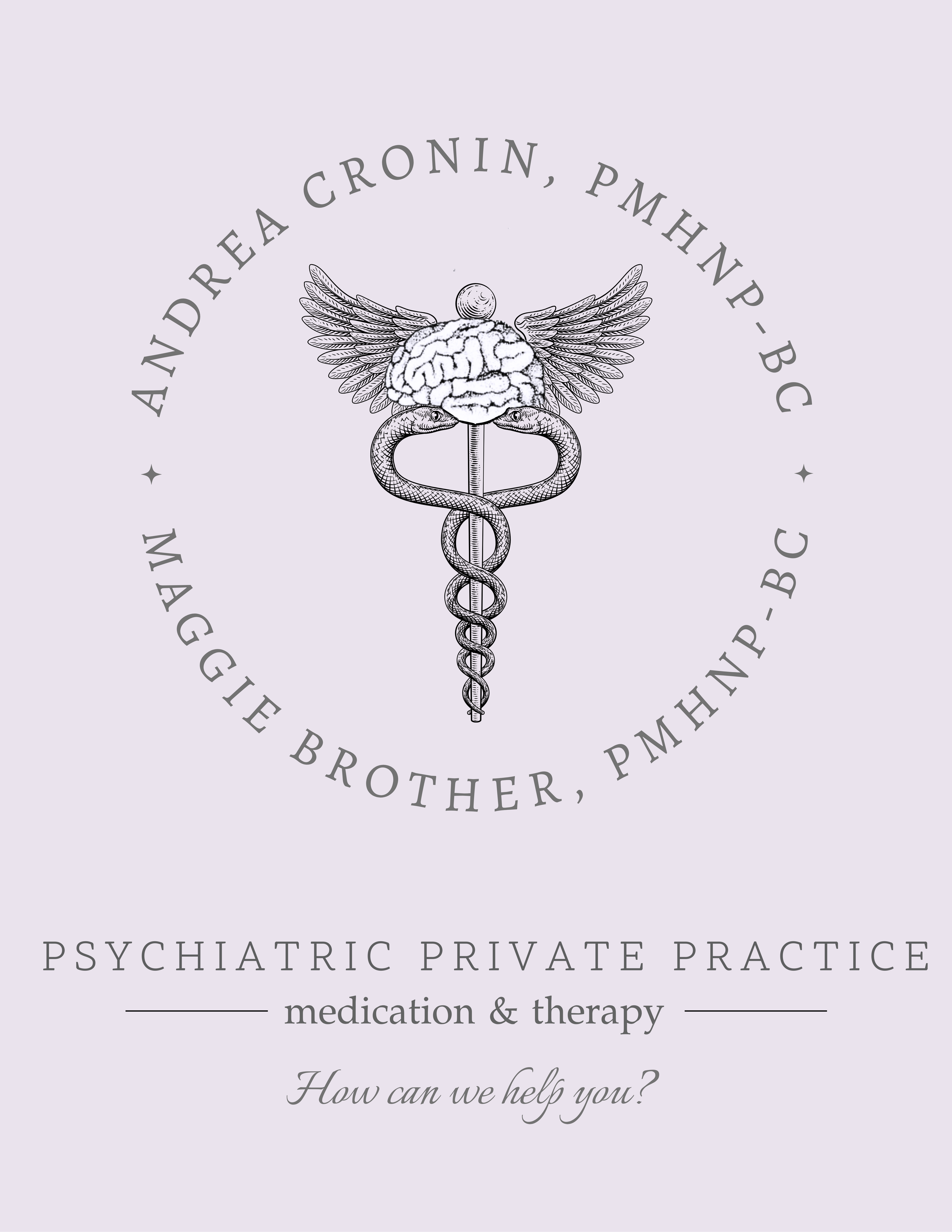Panic Disorder is a type of Anxiety Disorder that is typically characterized as experiencing panic that seemingly come out of nowhere, and does not seem to be triggered by anything in particular. Approximately 2-3% percent of the adult population, or about six million Americans, have been diagnosed with Panic Disorder, but it can affect all ages, race and gender in the United States. Around 6% of the adult population reports having a panic attack at least once in their lifetime, although that number could be much higher. Because an episode can often mimic other serious health conditions such as a heart attack, many people find themselves visiting the ER, unsure of what they are experiencing. According to the Center for Disease Control, around 1 in 8 people who find themselves in the ER with symptoms of a heart attack are actually experiencing a panic episode.
According to the DSM V, (Diagnostic Statistical Manual, 5th Edition) Panic may be triggered at any time, and often causes intense physical symptoms such as a racing heart, or difficulty breathing. Someone who has experienced panic episodes more than once are more likely to become concerned and worry about future episodes, which in turn can cause more anxiety. They may start to avoid multiple situations or social activities they fear may cause a sense of panic. This can be socially isolating and interfere with home life, work and school performance.
Science has found that the risk for developing a Panic Disorder is multi-factorial. Some people may have a genetic predisposition for anxiety or panic, and women are typically diagnosed twice as often as men. They may also be under an extreme amount of stress, or changes to the chemicals in the brain may also cause the onset of Panic Disorder.
Symptoms commonly associated with panic may include:
- Heart palpitations
- Fear of dying
- Feeling as if you are choking or cannot breathe
- Feeling dizzy, lightheaded, or as if you might pass out
- Chest pain or a tightness
- Trembling, shaking, or sweating
Panic Disorder is easily treated with Cognitive Behavioral Therapies and medications. If you are experiencing symptoms associated with Panic Disorder that is having a negative effect on your personal relationships, home, work or school life, please call us to arrange a consultation.

